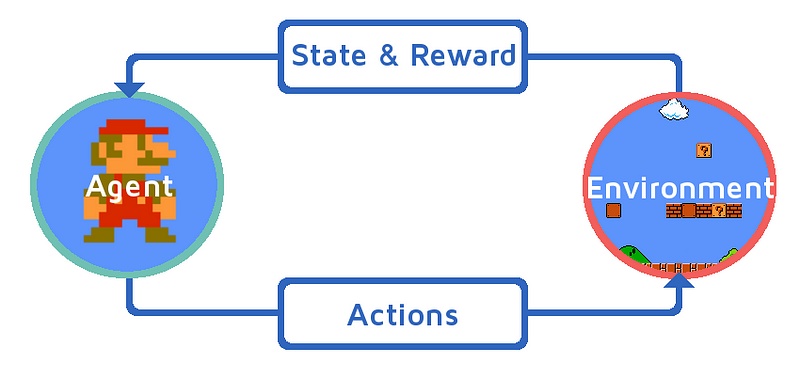
Course Overview
- Instructor: DOROZHKO Anton
Reinforcement Learning Introduction course for Big Data Analytics program at Novosibirsk state University This course covers basics and some advanced themes of RL and Deep RL.
Course Pre-Requisites
- Probability theory
- Python
- Tensorflow / PyTorch
Course Staff
For doubts related to assignments, send an e-mail to dorozhko@gmail.com. For sensitive issues, please e-mail DOROZHKO Anton directly.
Schedule
| Lesson | Topic | Summary | |
|---|---|---|---|
| Introduction to RL | |||
| Lesson 1 | 18/05/2019 |
Introduction to Reinforcement Learning |
Slides References |
|
DOROZHKO Anton |
|||
| Lesson 2 | 20/05/2019 |
Markov Decision Processes, Value and Policy Iteration |
Slides |
|
DOROZHKO Anton |
|||
| Lesson 3 | 22/05/2019 |
Model-Free Q-learning with TD and MC |
Slides |
|
DOROZHKO Anton |
|||
| Lesson 3 | 22/05/2019 |
Value and Policy Iteration Lab session |
References |
|
DOROZHKO Anton |
|||
| Lesson 4 | 25/05/2019 |
Model-Free Control |
Slides References |
|
DOROZHKO Anton |
|||
| Lesson 5 | 27/05/2019 |
Model-Free Control (Continuation) |
|
|
DOROZHKO Anton |
|||
| Lesson 6 | 29/05/2019s |
Reinforcement Learning Recap + Exploration with MAB |
Slides References |
|
DOROZHKO Anton |
|||
| Lesson 7 | 31/05/19 |
Multi-Armed Bandits and Policy Gradient |
Slides References |
|
DOROZHKO Anton |
|||
Grading Policy
- Lab sessions
- Project : review of proposed article (in groups of 2)
To get credits for this course you must finish all labs and submit project.
If you assist lab session you will be able to finish the task during that session.
If you skipped a lab session. You should show me that you have done this lab by yourself.
Communication
We believe students often learn an enormous amount from each other as well as from us, the course staff. Therefore to facilitate discussion and peer learning, we request that you please use Piazza for all questions related to lectures, homeworks and projects.
You will be awarded with up to 5% extra credit if you answer other students' questions in a substantial and helpful way on Piazza .
Academic Collaboration & Misconduct
I care about academic collaboration and misconduct because it is important both that we are able to evaluate your own work (independent of your peer’s) and because not claiming others’ work as your own is an important part of integrity in your future career. I understand that different institutions and locations can have different definitions of what forms of collaborative behavior is considered acceptable. In this class, for written homework problems, you are welcome to discuss ideas with others, but you are expected to write up your own solutions independently (without referring to another’s solutions). For coding, you are allowed to do projects in groups of 2, but for any other collaborations, you may only share the input-output behavior of your programs. This encourages you to work separately but share ideas on how to test your implementation. Please remember that if you share your solution with another student, even if you did not copy from another, you are still violating the honor code. In terms of the final project, you are welcome to combine this project with another class assuming that the project is relevant to both classes, given that you take prior permission of the class instructors. If your project is an extension of a previous class project, you are expected to make significant additional contributions to the project.

